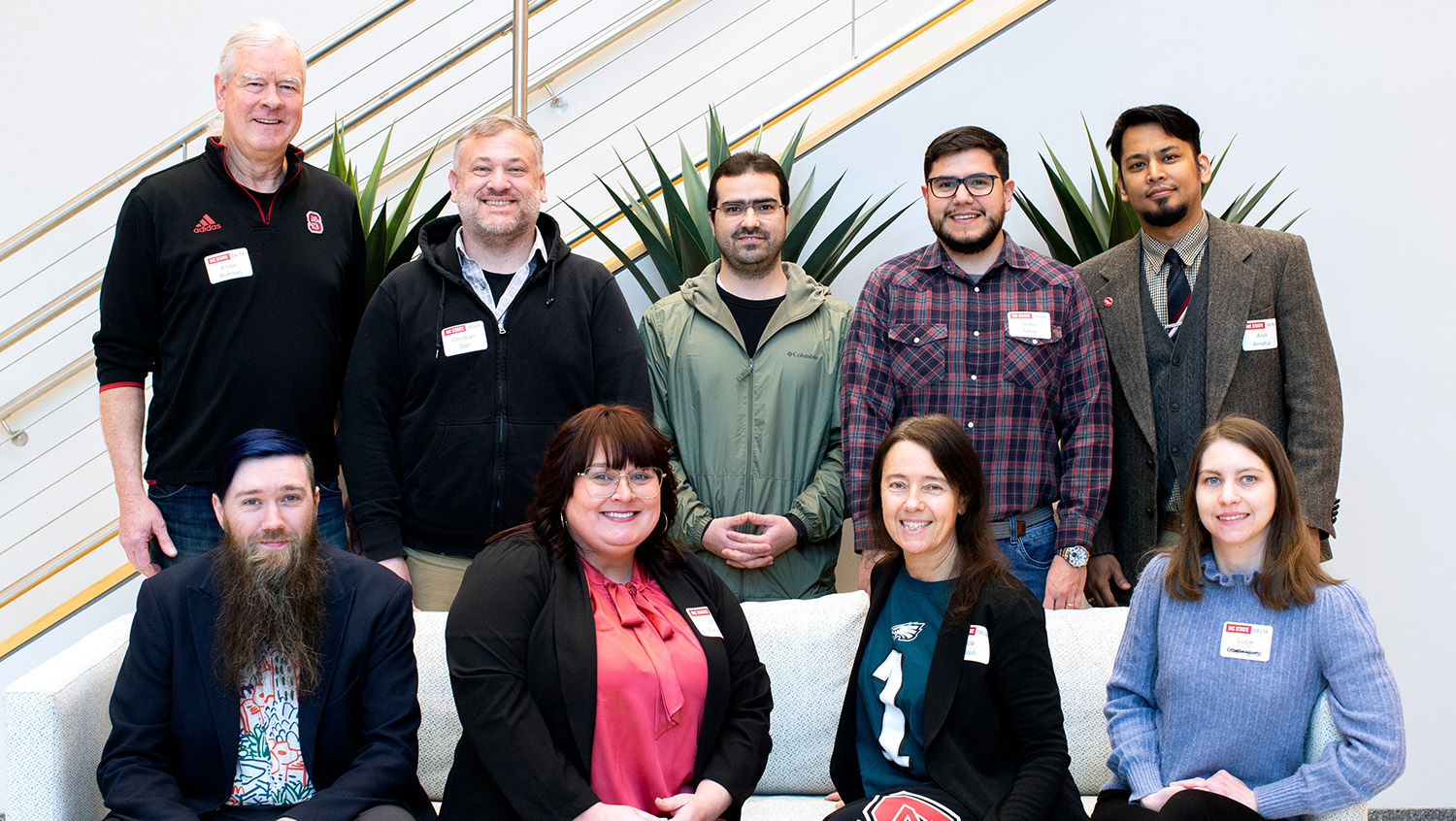Reporting from EQUELLA Navigate North America Conference
Although the EQUELLA conference is in its sixth year, this was a first in bringing the conference to North America. The conference itself is a showcase of product strategy, roadmapping the latest or upcoming release of EQUELLA, and showcasing how other institutions are implementing or using EQUELLA. It’s also an opportunity to connect, network and collaborate with fellow EQUELLA users.
Simon Wilkinson, Director of Product Management, opened the conference. He spoke about the 11-year history of EQUELLA and also shared with us the strengths of EQUELLA. I think that these strengths are what make EQUELLA a good product. I can see how these strengths are why a number of higher ed institutions have adopted it as a digital repository:
-
Specifically built to manage educational content
-
Support for e-learning standards such as LTI, QTI, SCORM
-
Flexible Permission Model
-
Powerful Reporting
-
Extremely configurable
-
LMS Integration
-
Integration support for streaming media
The keynote presentation blended topics of digital learning and teaching. I enjoyed it significantly. Dr. Rob Kadel, who is also a team member of Pearson, was the keynote speaker. His presentation was titled “Lateral Thinking: Trends, Expectations, and Personalization in eLearning”
His keynote focused on personalized learning, social media and the opportunities for personalization, and how trends in social media (consumption, curation, conversation, collaboration, etc.) can contribute to learning in an educational environment.
Personalization of learning revolves more around individuation as opposed to a more pluralization approach in education. So, in the academic sense (as Dr. Kadel put it) individuation is about how each student is taught and assessed in ways that are appropriate and comfortable for that learner. Whereas with pluralization, anything worth teaching could and should be taught in several ways. By doing so, one reaches more learners.
Another interesting emerging theme that I picked up from his keynote presentation is there are new expectations. The new expectation is learners going from being consumers of knowledge to producers of knowledge. Additionally, learners knowing how to collaborate to create knowledge. These expectations are in line with the current trends of 21st century digital learning and teaching. The idea is moving away from this top-down approach of teaching to a bottom-up approach that focuses on knowledge creation. Dr, Kadel tied this to reasons why one might use social media in education. And as I continued to listen to Dr. Kadel, I began to understand that the gist of his keynote is that education is based upon relationships. And the current world we live in with social media networks is changing our way of having relationships. Thus, we can leverage this trend in some educational context or framework.
Melissa Ed, Strategic Consultant, gave us an overview of the EQUELLA’s consulting practices. What does this mean? This is a service that EQUELLA provides for those in a position of making strategic decisions about the future of their institutions. She showcased how their team of consultants bring deep experience in higher ed administration, data analysis and strategic planning in partnerships on projects with leading institutions (i.e. UCLA Extension and Colorado State University Global Campus).
After lunch, I went to a session by EQUELLA team member, Jim Kurian, an EQUELLA trainer and specialist. He showcased a lightweight software utility designed to bulk manage item metadata in the EQUELLA content repository system named EMU (EQUELLA Metadata Utility). According to Kurian, EMU is typically installed on an EQUELLA administrator’s workstation. You can then connect to an EQUELLA repository via a local network or over the Internet. This software allows querying of EQUELLA and bulk updating of the metadata of selected items. Additionally, an application administrator can use this tool to inspect and modify EQUELLA XML.
Day 1 of this conference wrapped up with a presentation about the strategic direction of EQUELLA centering on the goal of remaining technically innovative and continually developing its strengths. EQUELLA makes it clear its commitment to engage with their clients as a part of the various ways to ascertain which direction their product (EQUELLA) roadmap should take. Using Agile methodologies, gathering requirements, writing specifications, partaking in the design process, signing off features, writing user guides and manuals, presenting webinars, running beta programs, managing the feature request website and various other duties all contribute to formulating a strategic direction. Additionally, I learned that EQUELLA has plans to roll out EQUELLA 7 in the near future. EQUELLA 7 will a bit of a significant change. Not just atheistically, but also on the back-end. What is EQUELLA 7?
-
Move to a fully SaaS-based tech stack
-
Develop a new UX designed to
-
support mobile first
-
single page application (SPA)
-
new administration interface
-
utilize the best of breed design architecture to ensure delivery of a scale based, flexible content system
-
Overall, I enjoyed this conference. I was able to learn about various aspects of EQUELLA and even picked up a bit of Australian lingo!
- Categories:


